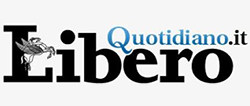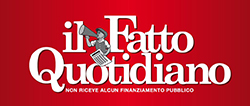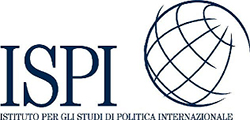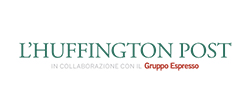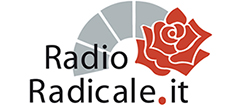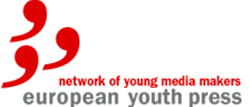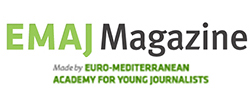Quasi laureato in Studi Islamici e Mediorientali…
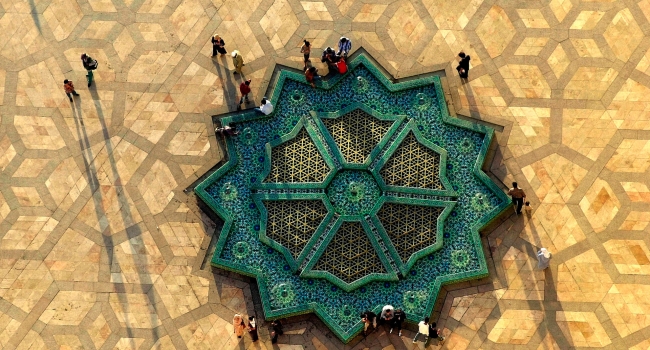
Come molti di voi sapranno, in questi primi tre anni passati nel Vicino Oriente, ho avuto la fortuna di studiare il Master di due anni in Studi Islamici e Mediorientali presso la Rothberg International School della Hebrew University of Jerusalem, una delle migliori università al mondo.
Nonostante le due borse di studio vinte, in questi ultimi due anni non è stato facile studiare, lavorare, collaborare con i quotidiani italiani, viaggiare e avere una vita sociale e culturale sempre attiva. Gerusalemme, infatti, è una città che richiede costante attenzione ai minimi particolari, mentre l'Università è strutturata in modo assai diverso da quella italiana.
Adesso, alla fine del mio percorso di studi e con le lingue arabo ed ebraico alle calcagna, posso dire di esserci più o meno riuscito. Lo dico perché anche l'università mi considera già "fatto". Probabilmente è per questo che Brooke Bustos, blogger ufficiale della scuola internazionale dell’Università di Gerusalemme - mi ha intervistato sulla mia esperienza di studio.
L'intervista è stata pubblicata in inglese sui magazine cartacei e online dell'università. Ve la propongo qui sul mio blog. Buona lettura.
--- ---- ----
Like any other international institution, the Rothberg International School is filled with people from all over the world. On the school grounds, hallways, and corridors, you’ll find faces bearing distinct features of their country of origin and hear voices speaking over other voices in various languages. Encounters of such are expected in the everyday life at Rothberg. Yet, these encounters never become any less interesting. There’s always someone you’ll feel fortunate to have met, and with him or her always comes stories of a world that you never knew.
Alessandro Di Maio’s coming to Israel is, in itself, an extraordinary story. He was a young, budding journalist at the time, but he was nonetheless ready to take on the only travelling style journalists embark on: adventure-infused. Forgoing a long but otherwise simple plane ride from one of Sicily’s many airports, Alessandro boarded a ship to Tunisia and then went on for the long haul until he finally reached Israel. The country, he says, was nothing he ever expected. He experienced such an awakening that he decided to further his knowledge of the many facets that make up Israel by pursuing a graduate program at Rothberg International School.
Read the rest of my conversation with Alessandro and find out about the fascinating process on how his perspective of Israel changed, his experiences at Rothberg, and his advice to prospective students.
1. Where are you from and how old are you?
I am from the island of Sicily, the biggest island in the Mediterranean Sea, “a continent by itself”, as I like to say. I will soon be 29 years old.
2. What are you studying?
I took up political science and journalism in Europe. Here in Jerusalem, I currently enrolled in full time master’s program in Islamic and Middle Eastern studies. I will be graduating soon!
3. What made you decide to come to the Hebrew University? How did you hear about us?
I was already living in Israel for a while, trying to build a journalism career as a correspondent from the Near East. I wanted to know more about the region – about its people, cultures, religions, and languages. So, I looked around for a program that could supply me some knowledge. As I was searching through the Internet, I came across Rothberg International School of Hebrew University’s website and found the MA in Islamic and Middle Eastern studies that I could complete in two years. I decided to apply and got accepted. I actually was fortunate enough to have received the Rothberg Family Fund Scholarship. It was too great an opportunity to pass up, so I pushed through with the program.
4. What was your first impression of Israel? Did you think it was like it is?
My expectations of Israel and the Palestinian Territories were that of what the Italian media has presented: a region in turmoil where people’s day-to-day life involves shooting others in the streets who have different beliefs. When I came to the country for the first time, two years prior to pursuing my MA, I quickly found out that Israel is not exactly what news channels around the world has portrayed it to be. Israel is a beautiful country. It shows a great potential for economic growth as thousands of new start-ups spring about here and there. It is already culturally rich to begin with, but the advancement of underground culture indicates that the Israeli culture is only getting richer. It is important to acknowledge, however, that there exists a concrete Israeli-Palestinian conflict. It has shaped the character of both peoples over the years. Like many people around the world, I wish the situation would change.
5. What do you like the most about living in Israel? And Jerusalem?
What I like most about living in this region is that I am so in touch with history, as well as that I am in daily contact with people of different faiths, cultures, and languages. It is absolutely amazing how many little worlds exist here. It makes me feel like I am living in the center of the world. The many opportunities to learn new things and to challenge myself at all times make me feel so alive. Additionally, the region has taught me to take everything as relative and not in absolute terms.
6. What is your favorite part of studying at RIS?
Aside from the beautiful campus and the competitive curriculum that covers history, politics, international relations, and social science related to the Middle East, I really appreciate the attention and accommodation the administrative officers give the RIS students. They are flexible and are always ready to help. They really try to make international students like me feel at home. I also enjoyed meeting, learning, and exchanging ideas with my contemporaries from all around the world.
7. What is the best thing you have done or experienced so far?
Living in Israel has given me countless amazing experiences to share. Coming here to begin with was already an incredible trip: taking a ship from Sicily to Tunisia, initially, and then driving through Libya, Egypt, Sinai, and finally, Jerusalem. I was so fortunate to have had experiences to travel the way I did due to my job. At school, on the other hand, one of the best things I have done was to spend three weeks in an archaeological site in Tiberias, where we excavated a portion of the ancient Friday mosque of the city.
8. Do you have tips for incoming students? Tips before coming and tips for living in Israel?
The approach to this region should be personal. I have two tips to share: one, is allowing yourself to get immersed with the locals – live with them, not apart from them; two, is to set aside all the prejudices whether of people, religions, the locals’ history, or their current way of life.
9. What have you learned so far that changed your view on things?
I learned to look around me and listen to people’s stories. I learned to try, at all times, to understand who is in front of me and to avoid judging him. I realized that life is not made only in black and white – that in every aspect of life, in every event, in every situation, there are always intermediate colors.
10. What advice would you give to those who might be afraid to come here?
Being afraid to move into another country is normal, and fear is always a factor to take in consideration before travelling to a country. Although it is true that there is some atmosphere of instability due to the Israeli-Palestinian conflict, it is important to keep in mind two elements: that everyone in Israel respects international students because they are considered neutral; and that security standards in the country are really high. Plus, it is important for me to say that Jerusalem will make you feel alive – what it offers is more than enough to face, if not overcome, the fear.
Intervista realizzata da Brooke Bustos per il blog ufficiale della Rothberg International School della Hebrew University of Jerusalem.






